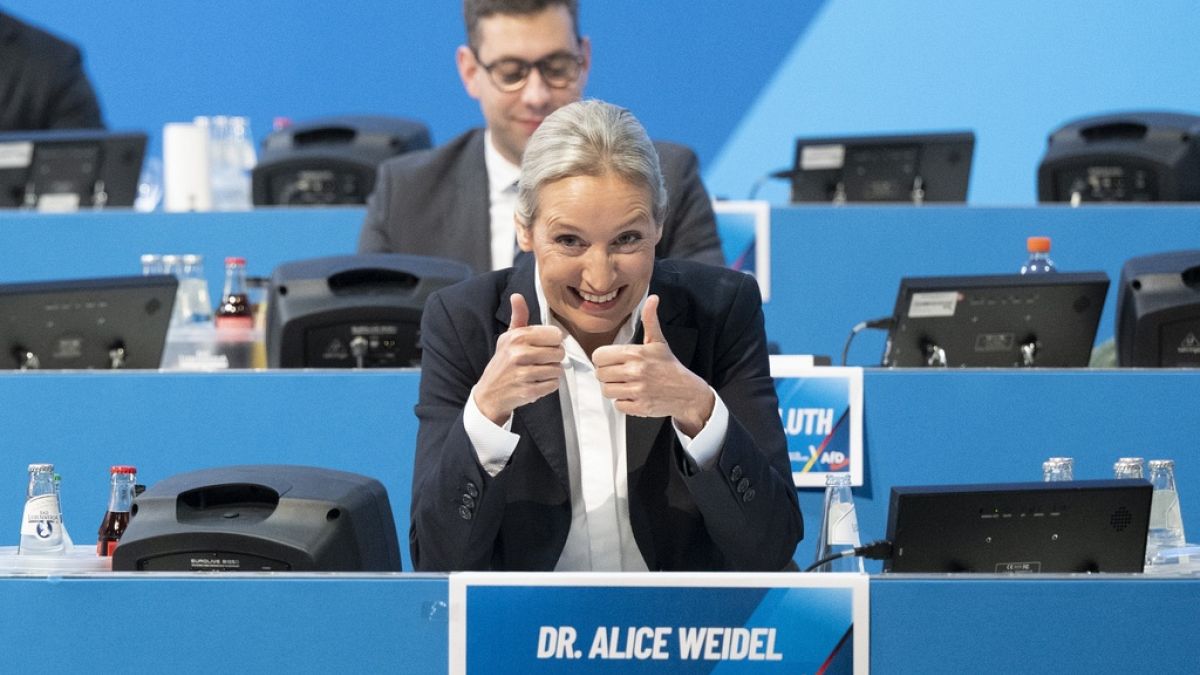Crises in France and Germany spell trouble for Europe’s economy

Government collapses in Berlin and now Paris will hamper efforts to address Europe’s burgeoning deficits and spluttering competitiveness.
A political vacuum in France and Germany, the EU’s two biggest and most influential players, spells trouble for an already ailing European economy.
Yesterday the French Parliament voted no confidence in the Prime Minister, making Michel Barnier the shortest-serving head of government under the Fifth Republic.
President Emmanuel Macron will now be under pressure to appoint a replacement – and is even facing calls to resign himself.
The political dispute which tipped Barnier over the edge, over the 2025 annual budget, suggests it will now be even harder to address the country’s economic woes. With a deficit of 6.2% of GDP, France already has the worst budget imbalance in the eurozone.
Barnier’s plan sought to address that longstanding shortfall – using the maximum, seven-year timeframe that new EU fiscal rules allow.
Whoever forms the new government will now have great difficulty pushing tax and spending proposals through. There can be no new elections until the middle of next year, and none of the three blocs in France’s National Assembly can muster a majority.
Many on the left have called to unwind wider reforms to the pension system which were a centrepiece of Macron’s liberal agenda; in the immediate term, the far-right Marine Le Pen was calling for the costly policy of indexing pensions in line with inflation.
Worse still, the crisis in Paris comes alongside a malaise in the EU’s other economic and political powerhouse – Germany.
The bloc’s biggest member will next year also be its economically worst performing: Germany is predicted by the European Commission to grow 0.7% next year, after shrinking in 2024.
And Berlin is facing political troubles of its own. The ruling three-party coalition collapsed in November, following disagreements on fiscal policy between socialist leader Olaf Scholz and his liberal finance minister Christian Lindner.
Scholz has called early elections for February. During the intervening governance chaos, Berlin has not sent the EU any plan for how it will address its deficit over the coming years – despite having led the political call for Brussels to have strict fiscal rules.
Europe’s gloomy economic picture isn’t likely to get rosier.
There are increasingly frosty relations with major trading partner China, as the EU seeks to “derisk” from an increasing geopolitical foe.
US President Donald Trump’s campaign pledge to impose 10% tariffs on European goods will pose a further headache – imposing both a direct economic cost on EU exporters, and a tough choice for national leaders as to how to retaliate.
The threat of Russian aggression, and possible US turn away from NATO, will also mean Europe needs to reach into their pockets to invest in the military.
And the political vacuum threatens to hamper wider efforts to address a sluggish European economy.
In recent months, two former Italian Prime Ministers Draghi, Letta have issued gloomy warnings about European competitiveness, which has been far outpaced by the US.
But with little guidance from Paris and Berlin, the two capitals seen as the motors of the European project, it’s not clear if their proposed solutions will be heeded.
Draghi and Letta have proposed some politically difficult ideas: common borrowing via euroboonds, building up capital markets, or a new pan-European investment fund, matching the US’s massive green tech subsidies.
In practice those ideas could involve risk sharing with other governments, increased financial contributions to Brussels, further reform pensions systems or sweeping away national financial watchdogs. That’s a toxic political mix for any national government to champion; still less a fatally weakened one.
World News || Latest News || U.S. News
Source link



